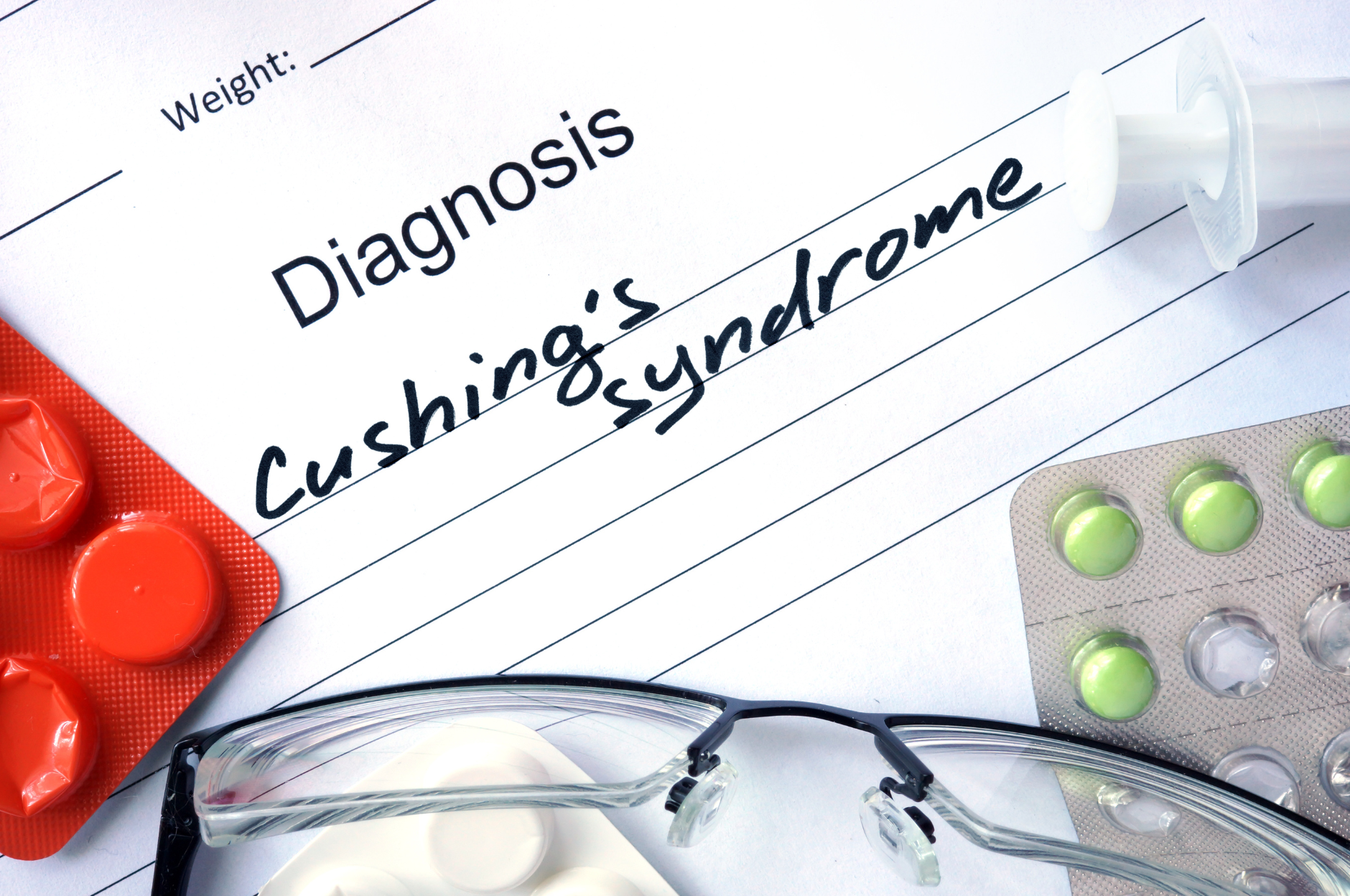Cushing syndrome is a rare hormonal disorder that occurs when the body is exposed to high levels of the hormone cortisol for an extended period. While it can affect individuals of any age, children with Cushing syndrome face unique challenges due to their developing bodies and minds. Managing the symptoms and effects of this condition requires a multifaceted approach that addresses physical, emotional, and social aspects.
Here are five tips to help children suffering from Cushing syndrome navigate their condition with greater ease:
Educate Yourself and Your Child
Knowledge is power when managing Cushing syndrome. Take the time to learn about the condition, its symptoms, causes, and treatment options. Explaining the condition to your child in age-appropriate language is essential, helping them understand what’s happening in their body. By educating yourself and your child, you can empower them to participate in their care and make informed decisions about their health.
Follow a Comprehensive Treatment Plan
Treating Cushing syndrome often involves a combination of medication, surgery, and lifestyle changes. Work closely with your child’s healthcare team to develop a comprehensive treatment plan tailored to their needs. This may include medications to lower cortisol levels, surgery to remove tumors causing excess cortisol production, and lifestyle modifications such as dietary changes and regular exercise. Adhering to the treatment plan is crucial for managing symptoms and improving your child’s quality of life.
Monitor Growth and Development
Cushing syndrome can impact a child’s growth and development, leading to issues such as delayed puberty, short stature, and weight gain. Keep a close eye on your child’s growth patterns, and discuss any concerns with their healthcare provider. Regular check-ups and monitoring growth parameters, such as height, weight, and body mass index (BMI), can help track progress and identify potential complications early on. Early intervention and managing growth-related issues are essential for optimizing your child’s long-term health outcomes.
Address Emotional and Social Needs
Dealing with a chronic illness like Cushing syndrome can take a toll on a child’s emotional well-being. They may experience feelings of frustration, anxiety, or sadness related to their condition and its impact on their daily life. Encourage open communication with your child about their feelings and concerns, and provide them with emotional support and reassurance. Consider involving a mental health professional or counselor who specializes in working with children with chronic illnesses. Additionally, help your child stay connected with friends and peers, even if they cannot participate in certain activities due to their condition.
Promote a Healthy Lifestyle
While medical treatment is essential for managing Cushing syndrome, adopting a healthy lifestyle can also significantly support your child’s overall well-being. Encourage nutritious eating habits focusing on balanced meals rich in fruits, vegetables, whole grains, and lean proteins. Regular physical activity is also essential for maintaining a healthy weight, reducing stress, and improving mood. However, working with your child’s healthcare team is vital to developing an exercise plan that’s safe and appropriate for their needs and abilities.
Conclusion
Managing Cushing syndrome in children requires a holistic approach that addresses the condition’s physical and emotional aspects. By educating yourself and your child, following a comprehensive treatment plan, monitoring growth and development, addressing emotional needs, and promoting a healthy lifestyle, you can help your child navigate their journey with Cushing syndrome more effectively and improve their overall quality of life. Remember, you’re not alone—reach out to healthcare professionals, support groups, and other families affected by Cushing syndrome for guidance and support.

